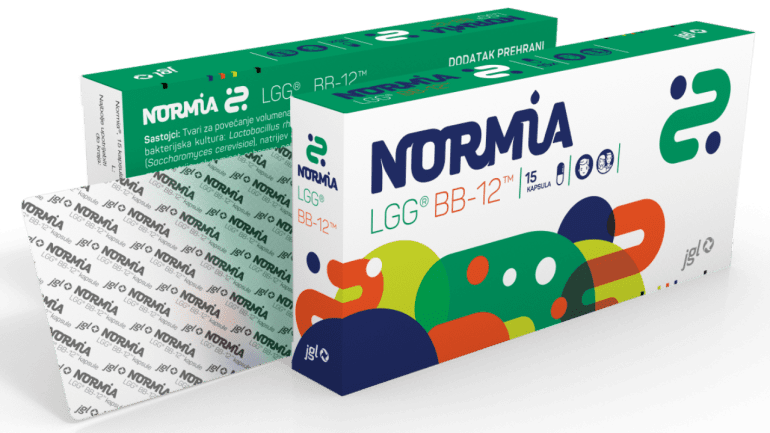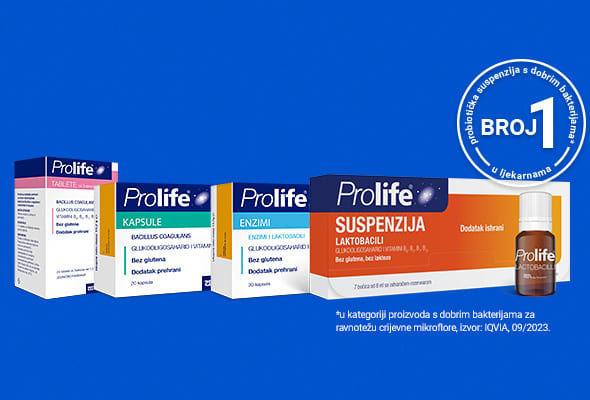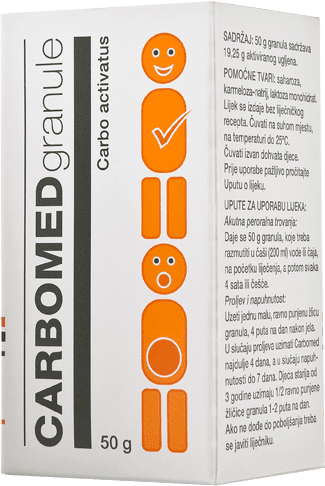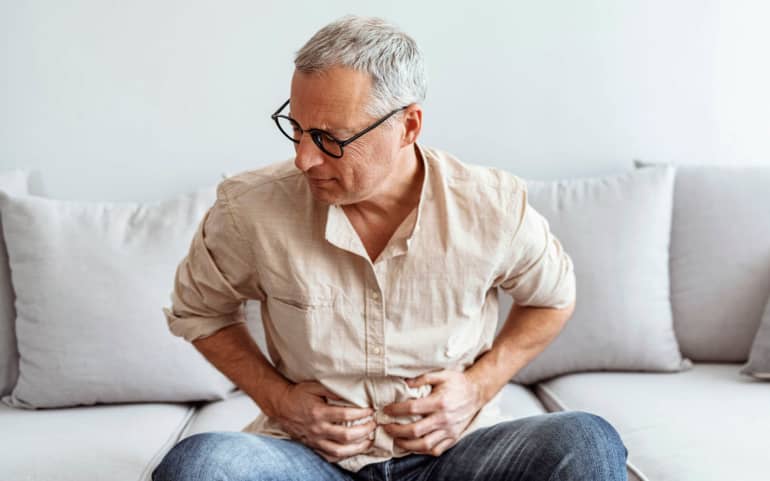Jeste li znali?
Scientific data indicates that in the western world, symptoms of GERD occur in up to 20% – 40% of adults.
The most common typical symptoms of GERD are: heartburn and regurgitation of stomach content into the oesophagus / mouth.
A heartburn is a condition characterized by a burning sensation behind the sternum that extends to the neck, and usually occurs after meals. Regurgitation is a sudden return of a small amount of acidic gastric contents into the mouth.
Less common symptoms which may be caused by gastroesophageal reflux disease: asthma, hoarseness, chronic cough, chronic laryngitis, chest pain, damage to teeth, hiccups, excessive salivation. These symptoms are also called atypical because they do not refer directly to GERD.
Due to the constant irritation of the oesophagus mucus with the acidic gastric contents, some complications may develop in the oesophagus in the form of inflammation of the oesophagus mucus, or ulcers on the mucosa, stenosis, and changes in cell structure of the lower oesophagus called Barett’s oesophagus. The least desirable complication is the change in cell structure (Barett’s oesophagus), because the transformation of such cells into malignant ones (causing malignant disease) is 30 to 125 times more frequent than in healthy individuals with an unchanged mucosa.
The diagnosis of the disease is usually based on symptoms. If heartburn is the leading or the only symptom, it may be concluded with great certainty that the patient has GERD. Only in a small number of patients a specialist gastroenterological examination, including an endoscopic exam, is needed.
The goal of GERD treatment is primarily to cure and prevent the development of changes in the mucosa of the oesophagus, mouth and the airways, as well as complications of this disease.
Given that most patients have a milder form of the disease and no serious damage to these systems, the main goal of treating GERD is to relieve patients of symptoms that impair the quality of life and prevent the recurrence of symptoms.
Today, several groups of medications are used for the treatment of GERD: antacids (neutralizing the effects of acid), inhibitors of acid secretion (H2 antagonists, proton pump inhibitors) and prokinetics (accelerating the emptying of the oesophagus and stomach).
Those most effective and most commonly used are proton pump inhibitors. These drugs do not reduce the return of gastric contents into the oesophagus, but reduce the acidity of the contents by decreasing the irritating effect of the acidic content.
Proton pump inhibitors (PPIs) are very effective in treating GERD and are well tolerated. Treatment with PPIs is carried out for at least two months. In case of symptom recurrence after discontinuing the therapy with PPIs, it is recommended to use these drugs in one of two ways.
One way is to constantly take the minimal dose that relieves symptoms for several years. Another way is to take the drugs occasionally over a certain period after the symptoms appear. The choice between one of these long-term GERD treatment types should be left to the doctor.










